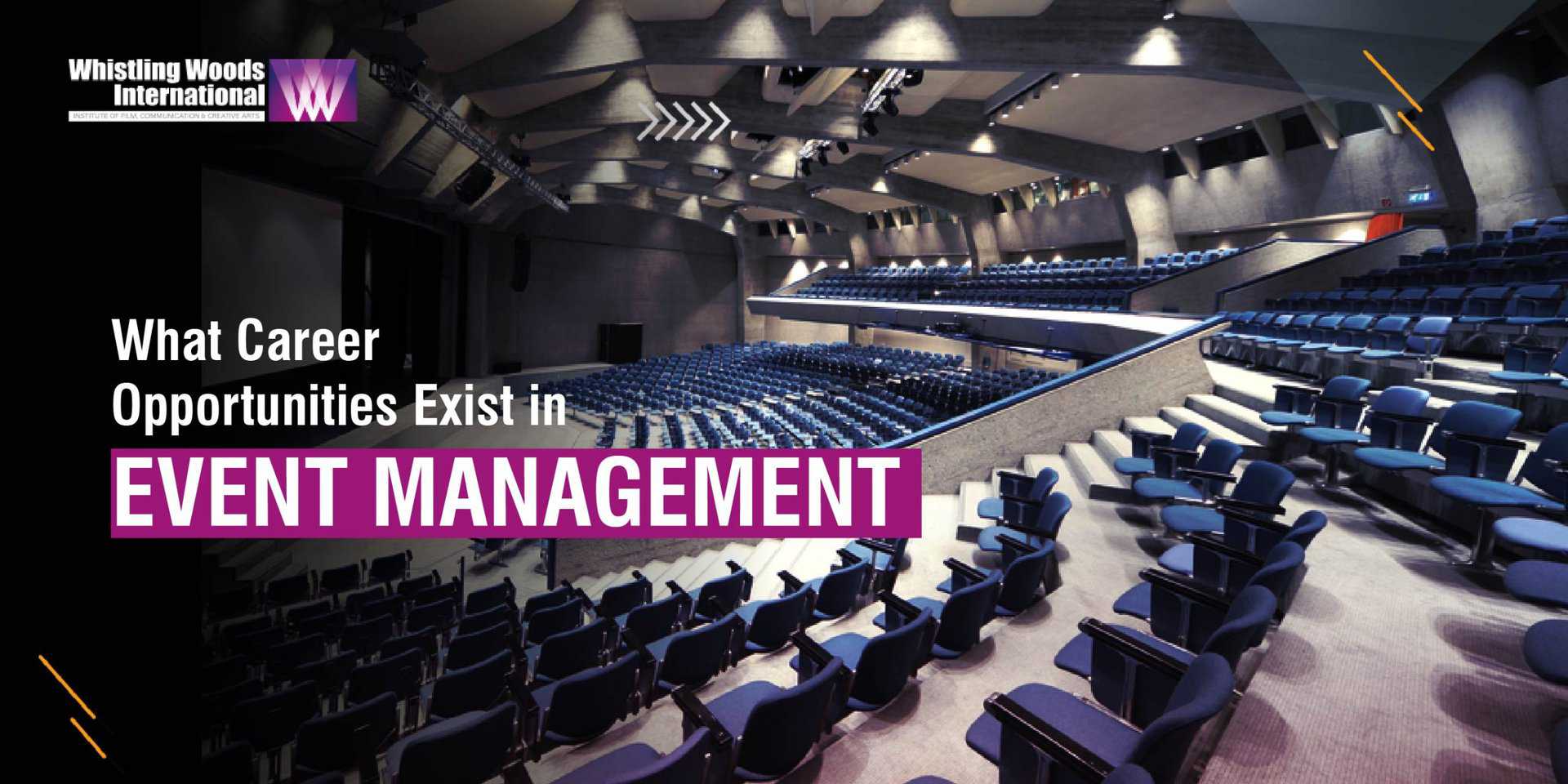Event management is a field that is constantly buzzing with energy and excitement. It’s a job that demands creativity, quick thinking, and the ability to handle pressure like a pro. But what exactly does it mean to be an event manager? And what event management careers are available for those interested in this dynamic industry? Let’s dive in and find out!
First and foremost, event management is all about planning and executing events that leave a lasting impression. Whether it’s a corporate conference, a music festival, or a wedding, event managers are responsible for ensuring that everything runs smoothly and that all attendees have an unforgettable experience.
So, what career opportunities exist in this thrilling field? Well, the possibilities are never-ending! Event management is a multi-billion dollar industry that offers a diverse range of job roles and opportunities for growth.
Here are just a few examples:
1. Event Marketer
Demand: Extremely High
Role: These are the roles and responsibilities of an Event Marketer:
- Strategic Planning: Developing a comprehensive event marketing strategy that aligns with the company’s goals and target audience.
- Budget Management: Allocating resources efficiently and effectively to maximise return on investment.
- Promotions: Creating and implementing effective marketing campaigns to attract attendees and generate buzz around the event.
- Stakeholder Management: Collaborating with event sponsors, vendors, and partners to ensure a successful event experience.
- Post-Event Analysis: Analysing the event’s success and identifying areas for improvement for future events.
2. Sponsorship Manager
Demand: Extremely High
Role: These are the roles and responsibilities of a Sponsorship Manager:
- Sponsorship Strategy: Develop a comprehensive sponsorship strategy that aligns with the event’s goals and target audience.
- Identifying Prospective Sponsors: Research potential sponsors and assess their fit with the event and the audience.
- Negotiation: Negotiate sponsorship packages and contracts with potential sponsors, ensuring they align with the event’s goals and budget.
- Sponsorship Activation: Coordinating the activation of sponsor benefits, such as logo placement, signage, and hospitality.
- Relationship Management: Maintaining strong relationships with sponsors before, during, and after the event to ensure ongoing support.
3. Event Coordinator
Demand: High
Role: These are the roles and responsibilities of an Event Coordinator:
- Project Management: Coordinating all aspects of event planning and execution, including logistics, vendor management, and budget tracking.
- Timeline Development: Creating and managing a detailed timeline to ensure that all aspects of the event are planned and executed on time.
- Communication: Coordinating communication between vendors, stakeholders, and attendees to ensure a seamless event experience.
- On-Site Management: Overseeing all aspects of event execution on the day of the event, including setup, registration, and attendee management.
- Troubleshooting: Addressing any issues that arise during the event, such as technical difficulties or last-minute changes.
4. Event Planner
Demand: Extremely High
Role: These are the roles and responsibilities of an Event Planner:
- Budget Management: Creating and managing a budget for the event, including allocating resources effectively to maximise return on investment.
- Vendor Management: Selecting and coordinating with vendors, such as caterers and rental companies, and ensuring that all aspects of the event are executed flawlessly.
- Timeline Development: Developing and managing a detailed timeline to ensure that all aspects of the event are planned and executed on time.
- Communication: Coordinating communication between vendors, stakeholders, and attendees to ensure everyone is on the same page and that the event runs smoothly.
- On-Site Management: Overseeing all aspects of event execution on the day of the event, including setup, registration, and attendee management.
5. Event Designer
Demand: High
Role: These are the roles and responsibilities of an Event Designer:
- Concept Development: Developing a unique and creative event concept that aligns with the client’s goals and vision.
- Design Planning: Creating detailed design plans, including mood boards, sketches, and renderings, to communicate the vision to clients and vendors.
- Decor Selection: Selecting and sourcing decor elements, such as lighting, furniture, and props, to create a cohesive and visually stunning event space.
- Vendor Management: Coordinating with vendors, such as florists and rental companies, to ensure that all design elements are perfectly executed.
- On-Site Styling: Overseeing the on-site installation and styling of all decor elements to ensure the event is visually stunning and meets the client’s expectations.
Start Your Event Management Career Today With Whistling Woods International (WWI)
Event management is a promising career option for those interested in organising and managing events, such as conferences, weddings, parties, and corporate events. The event management industry is growing rapidly and requires creative and organised professionals and people who can work under pressure.
To start your event management career, consider pursuing a degree or diploma in event management from a reputed institute like Whistling Woods International (WWI). Our event management course in India aims to provide students with hands-on experience in planning, organising, and executing events. Along with the academic programme, WWI also offers the students opportunities to participate in various co-curricular activities, such as organising and managing events for the institute, participating in national and international competitions and conferences, and networking with industry professionals.
You can visit our website to know more about the courses we offer!

